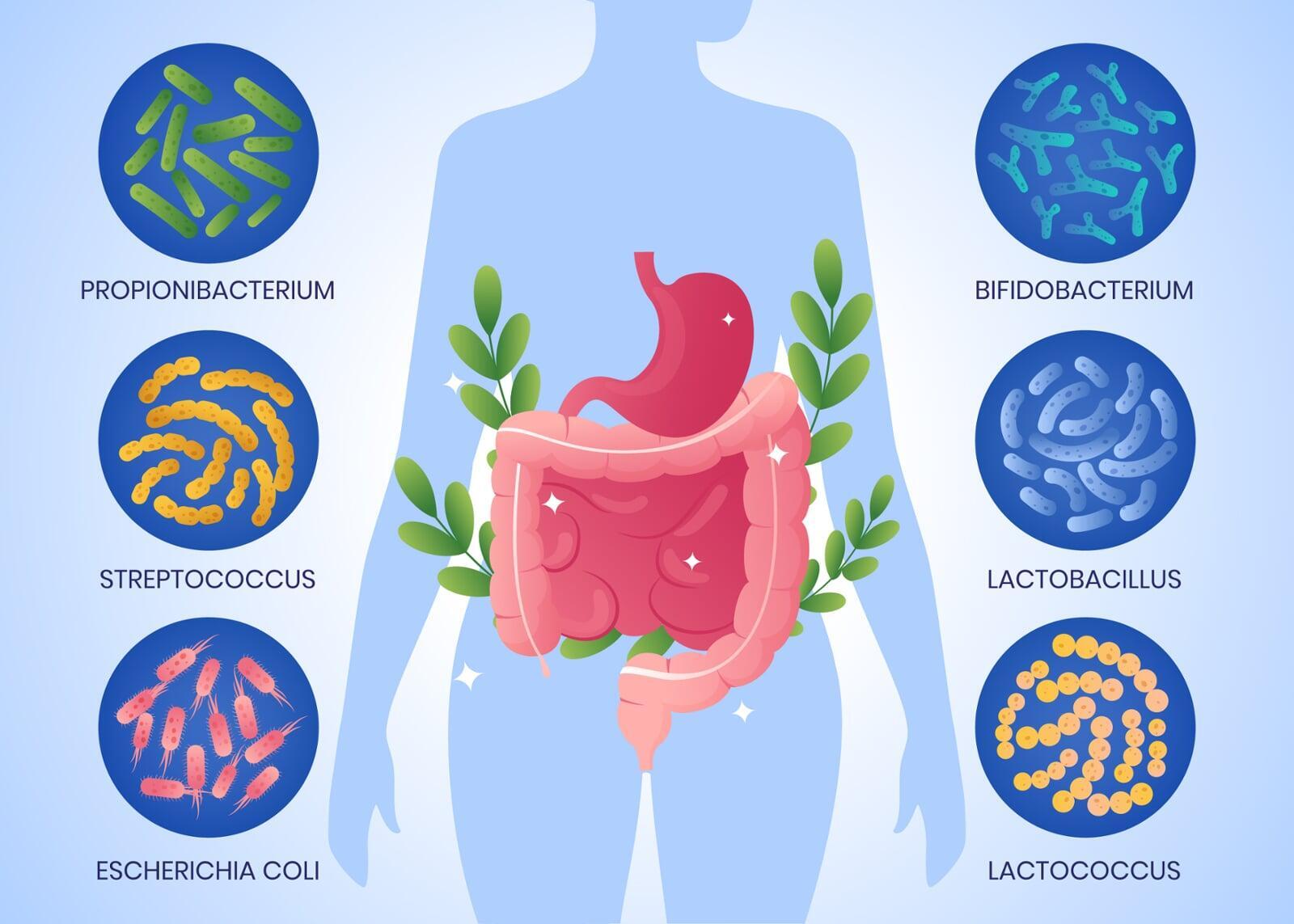Gut Health

🌱 The Power of Gut Health: Why Your Digestive System Deserves More Attention
We often think of digestion as a simple process: you eat, your body absorbs nutrients, and the rest is waste. But there’s so much more going on behind the scenes—your gut is a powerhouse that affects everything from immunity to mood.
Let’s explore why gut health matters, how to support it, and the signs that your gut may need some extra care.
🧠 What Is Gut Health?
Gut health refers to the balance and function of the bacteria and other microorganisms in your digestive tract, often called the gut microbiome. This ecosystem contains trillions of microbes that:
Help break down food
Produce vitamins
Regulate the immune system
Impact your mood through the gut-brain connection
When your gut is in balance, you feel energized, focused, and healthy. When it’s off, you may experience fatigue, bloating, digestive issues, and even anxiety or skin problems.
🥦 How to Support a Healthy Gut
1. Eat More Fiber
Fiber feeds the good bacteria in your gut.
📌 Try: Leafy greens, oats, lentils, apples, chia seeds
2. Include Probiotics & Fermented Foods
These introduce beneficial bacteria to your system.
📌 Try: Yogurt (with live cultures), kefir, kimchi, sauerkraut, miso
3. Avoid Overusing Antibiotics
While necessary sometimes, antibiotics can wipe out good bacteria too. Always use as prescribed and consider probiotics afterward.
4. Limit Sugar & Processed Foods
Too much sugar feeds harmful bacteria, leading to imbalance.
5. Manage Stress
Stress can alter your gut bacteria and slow digestion. Practice mindfulness, deep breathing, or gentle exercise like walking or yoga.
6. Stay Hydrated
Water helps move food through the intestines and supports nutrient absorption.